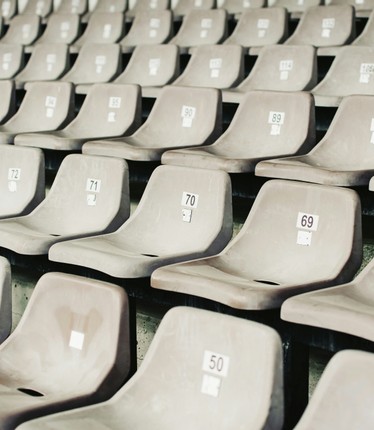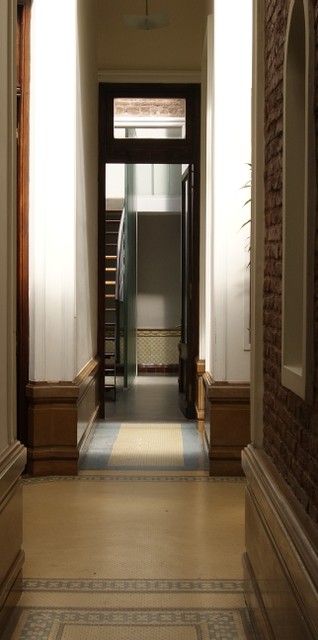Sports Anonymous Societies: news in their regulation
What are Sports Anonymous Societies?
The SAD is a legal form that can only be adopted by clubs that participate in official sports competitions, with that being their sole social purpose along with the development of sports activities.
SADs have the structure of a commercial society - which allows the distribution of profits among its shareholders - being applicable the regime of the traditional anonymous society (“SA”), with some particularities provided in its creation law (No. 17,292). Likewise, they are exempt from all national taxes.
This has made SADs a very attractive vehicle over Civil Associations - “AC” (legal form also chosen by sports clubs).
What were the main changes introduced by the LRC?
a. Clubs that adopt the form of Civil Associations can have stakes in SADs. It is allowed for ACs to acquire stakes in a SAD, as long as:
i) the stake is equal to or less than 25%, and
ii) the AC does not participate in the same competition as the SAD whose shares it intends to acquire.
b. Contributions to SADs may not be in money. Before the LRC, only monetary contributions were allowed. With the LRC, this restriction is eliminated, and contributions in kind are also allowed: for example, a movable or immovable property, credits, among others.
c. Shares of a SAD are excluded from general attachment. The LRC expressly establishes that the shares of SADs will have the same regulation as the shares of the SA. In this sense, being non-registerable assets (in public records), they are excluded from general attachment (procedural tool available to the creditor for the collection of their credit).
d. Modification in the number of members of the board of directors. SADs are managed by a Board of Directors, originally providing for a minimum of 5 members and a maximum of 15. The LRC reduces the minimum to 2 members, and eliminates the maximum provided.
e. SADs are included in the list of non-financial obligated subjects. In order to implement strong mechanisms to prevent money laundering and the financing of terrorism, Uruguay has a list of “obligated subjects” who, due to the activity they carry out, have a special responsibility regarding the supervision of economic operations. Within this list, the LRC adds SADs. In this way, SADs are now responsible for applying due diligence in their processes, in order to properly understand the operations in which they participate and actively supervise them, under penalty of being sanctioned in case of omission.
f. The transfer of assets from Civil Associations to SADs is regulated. The LRC expressly authorizes the celebration of contracts for the transfer of sports assets between ACs and SADs. In addition to a series of corporate requirements - such as, for example, that the transfer must have the approval of no less than 60% of the AC's members - it also requires the approval of this transfer by the Federation (applicable to each case), and its registration with the National Sports Secretary. Without meeting these requirements, the contract cannot be enforced against third parties, and will be sanctioned with the prohibition of competing in federated sports.
Final comments
Sports Anonymous Societies in Uruguay have positioned themselves as an adequate mechanism for clubs to be managed more efficiently, allowing not only their sports development, but also their business development.
With the entry into force of the LRC, there was then a significant modernization of SADs, granting greater freedom of action to their shareholders and directors, and flexibilizing their operation, which will undoubtedly make them an even more attractive alternative.



